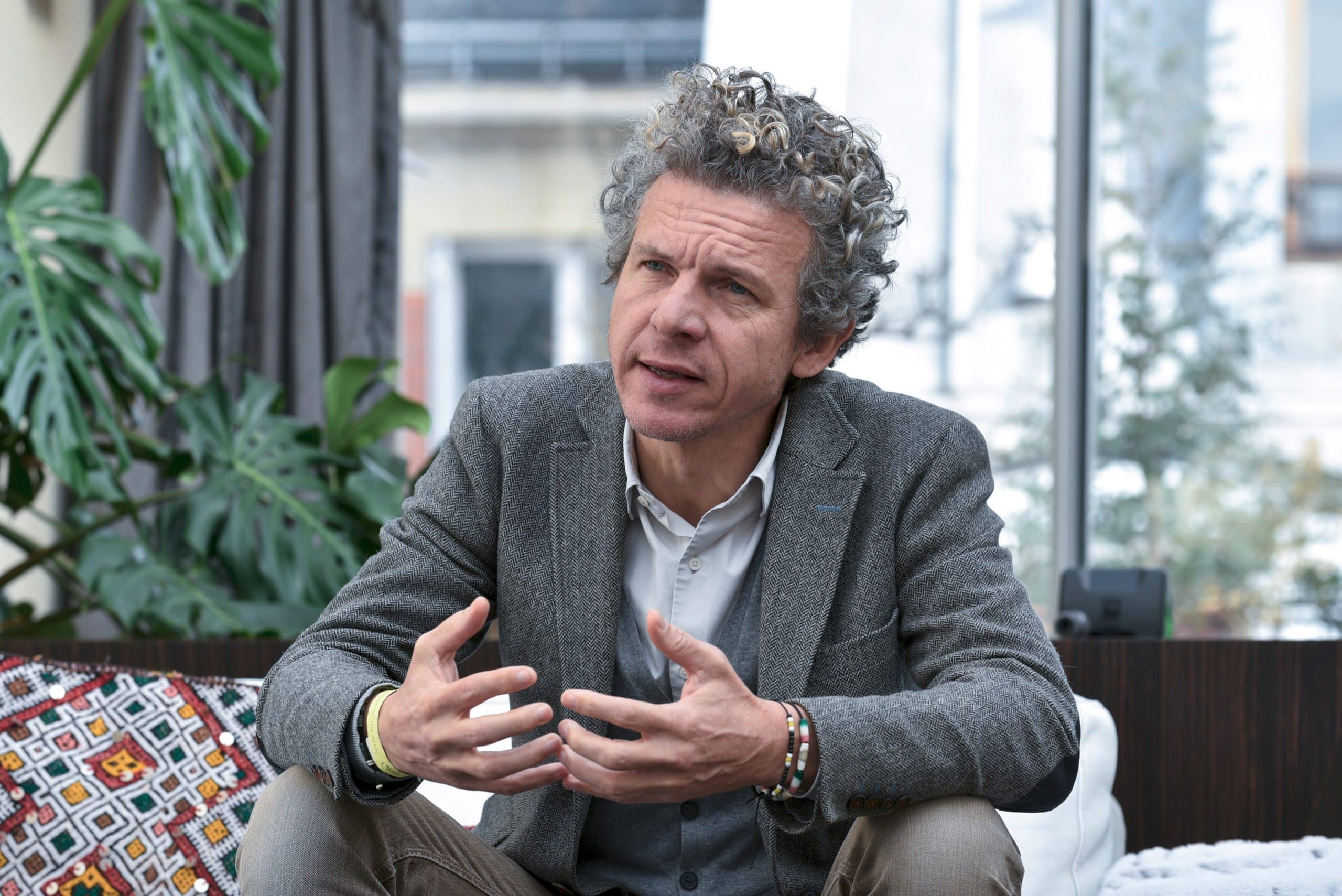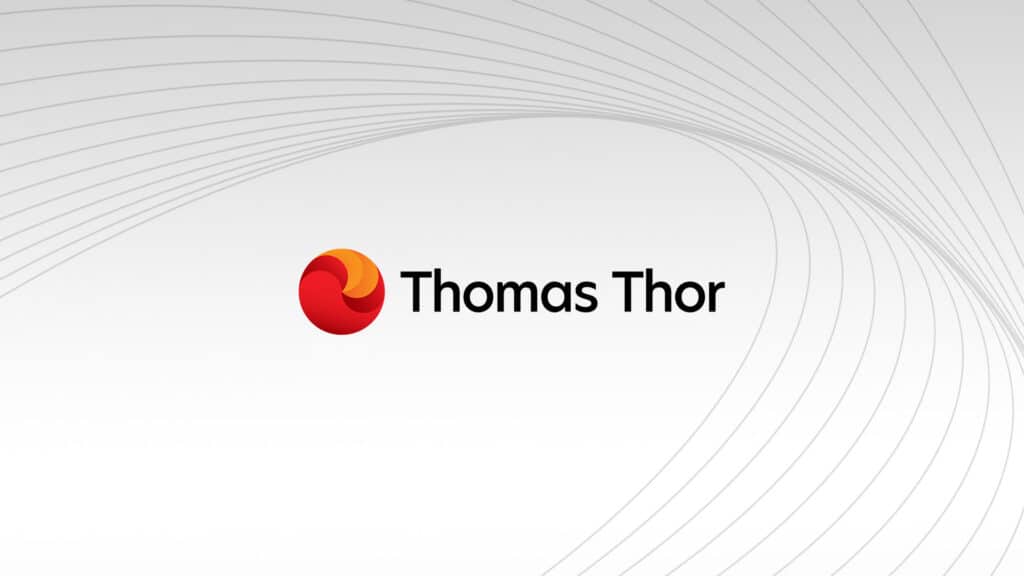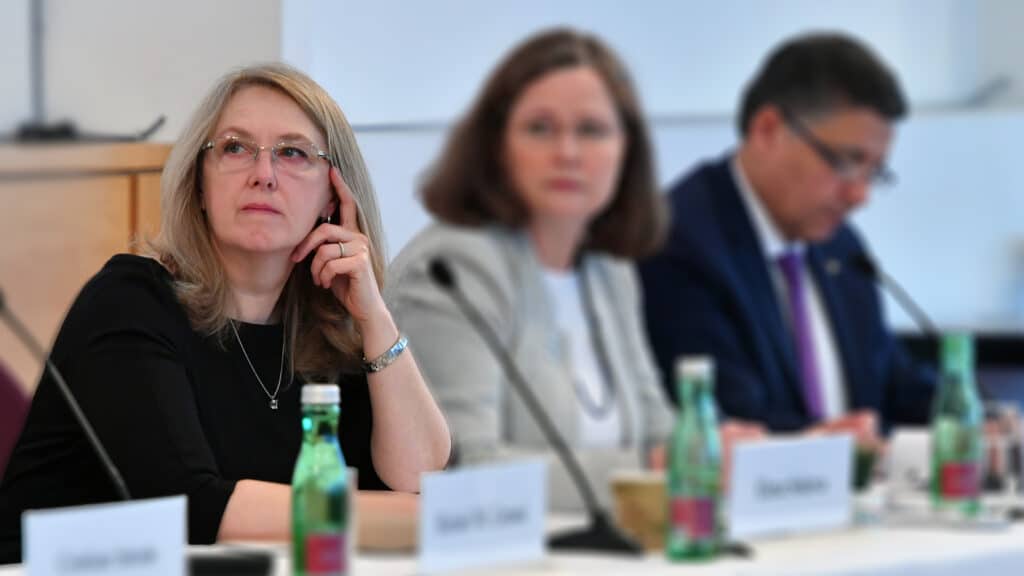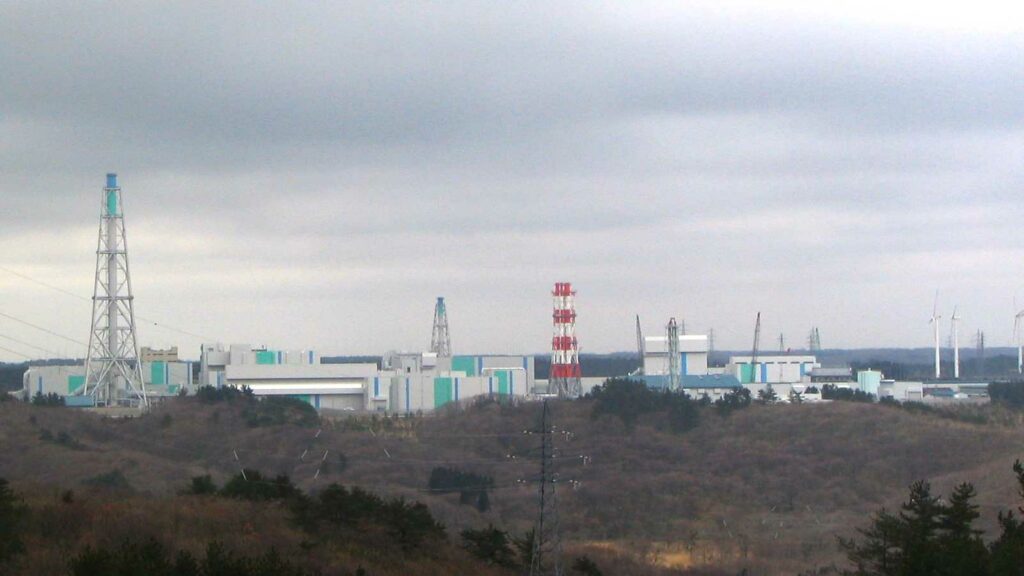Connecting the dots with Gilles Babinet

Gilles Babinet is a man who worked his way up – all the way up – to become France’s ‘Digital Champion’ at the European Commission, having left school at the age of 15. As a serial entrepreneur, the full list of roles he holds would be “complicated” but in his own words he is “very obsessed” with digital. In his time off he “connects the dots”, which led him to nuclear energy and a seat on the board of Voices of Nuclear, writes Jeremy Gordon.
Gilles has only held one regular job, at a construction firm, but the boss told him he should start something of his own and he never looked back. He immediately set up a company in direct competition and did well enough to sell that and start an industrial design company two years later. Gilles’ big break came in 1994 when he realised, “The big thing to come is the Internet” and launched a web design company, despite very little coding experience. After many more businesses have come and gone, Gilles Babinet is left knowing business, knowing how to make things, and knowing how to take concepts and information from one place and use them somewhere else.
“I wanted to understand the concept of a smart grid tied to wind and solar energy,” he says. With early experience in construction, “it is easy for me to understand how you transport energy, how you can or can’t store it. The concept behind 50 Hz, three phase current and all that – I understand how it works.”
Although Gilles found it appealing to hear of “the network getting smart, storing energy, and getting rid of nuclear” and he wanted to better understand the system, “It started to annoy me that it was mostly cheap talk – actually very expensive talk! They are very expensive strategies in general.”
“With storage at today’s small capacities,” he says, smart grids “are not a practical option.” The conclusion is that “For the time being at least, we should stick with what we have.” For France, that means getting the bulk of electricity from EDF‘s fleet of 56 nuclear reactors.
“I don’t mean that we won’t have a smart grid someday,” says Gilles, “And the network is getting smarter all the time and so are all the systems in general. But it is foolish to believe we can really get rid of nuclear. It’s not only not possible, but not wishable. If you connect the dots you end up realising that you need nuclear.”
Gilles started to become vocal about his view, but only to his family and private circle at first. These views nonetheless made their way to Myrto Tripathi, founder of Les Voix de Nucléaire (Voices of Nuclear) who got an introduction to him via his brother in law. At first Gilles was reluctant to get involved in a domain whereas he felt he had no expertise, but he was so appalled by the poor quality of the debate that he decided to join the board of the association ‘les voix du nucléaire” and progressively become more and more involved. Gilles spoke at the recent Stand Up For Nuclear event in Paris’s place de la République.
“We need both worlds,” says Gilles, “We need traditional nuclear physicists and we need entrepreneurs and the more these people get together and have conversations the better it is for our common future.”
He is firm that “Nuclear should be an energy of the future” adding that “In many aspects it is a digital system as well: To decide the best timing to use the energy, the maintenance of the system, and to increase security. I think it is quite interesting.”
And here the world of energy collides again with the world of digital. This time in the use of artificial intelligence and the creation of digital twins of power plants for the planning and optimisation of power plant maintenance and decommissioning.
Every year Gilles compiles a digital ranking of the companies making up France’s CAC 40 index with the newspaper Les Echos. “A few companies outside the CAC-40 are asking for a separate ranking, including EDF,” he says. “Machine learning is a very strong field for EDF. If we put them in the ranking they would come 1st or 2nd.”
“If you start counting the AI contributions on Github you will see EDF is very high,” says Gilles, “These plants are extremely complex and using machine learning is quite efficient.” Having felt the benefits during major outages and decommissioning projects over the last few years, EDF has now embarked on a project to make digital twins of every one of its reactors.
While the nuclear world appreciates digital, does the digital world appreciate nuclear and is there support for nuclear among people in tech? “Oh yeah, I am sure. I see this mindset shift happening.”
“Two years ago, if you were to tweet something sympathetic about nuclear the backlash would have been enormous, now you get more positive replies than negative ones. It is getting there.” Says Gilles. “I’ve been on Twitter for more than ten years and I can say what you can see on Twitter become the political topics a few days later, or a few years down the road.”
Share this article
Related articles
Help us grow and achieve your potential at a values-driven business.




